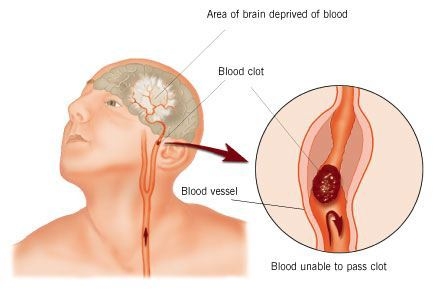
Welcome to the ezine produced by SGI Buddhists that prompts the positive, kindles the constructive, highlights the hopeful and leaves you feeling - well, up!

Our levels of stress, anxiety and depression are higher than ever. So too are rates of stress-related physical illnesses such as hypertension, writes Louise Ellis
The insurer Aviva UK Health says that psychological stress was the primary cause of sickness claims last year. A Coventry University study, meanwhile, shows that in some parts of the country almost two-thirds of workers say they are suffering from stress-induced depression.

Since its introduction to Europe from China, thousands of people have been using acupuncture to cure a whole range of ills. However, the medical establishment has always argued that it can’t be proven to work.

Stretch marks, weight gain and overwhelming fatigue are the side-effects of pregnancy with which most women are familiar. But for some, motherhood appears to leave the body better able to cope with extreme physical demands, leading to enhanced athletic performance.
No pressure then!
 A group of scientists, described by the media as 'the immortalists', met earlier this month to share theories on ways in which we human beings could extend our life span, writes Louise Ellis.
A group of scientists, described by the media as 'the immortalists', met earlier this month to share theories on ways in which we human beings could extend our life span, writes Louise Ellis.
The delegates attending the Strategies for Engineered Negligible Senescence (SENS) Conference see ageing as primarily an engineering problem. They believe the life span of the human body can be extended by replacing body parts as they wear out, and by upgrading the body's biochemistry as problems emerge. They think that such procedures will become commonplace two or three decades from now, enabling people to live to at least 125 years old and beyond.
 STROKE: Remember the first three letters - S-T-R!
STROKE: Remember the first three letters - S-T-R!
That stands for Smile, Talk, Raise your arms. And now there's a new sign of a stroke - stick out your tongue, writes Eddy Canfor-Dumas.
If everyone can remember something this simple, we could save some lives. Read on...
 When health workers raise the alarm about standards of care, they can end up feeling as guilty as the organisations they expose, and many face career damage and professional isolation, reports Jane Cassidy.
When health workers raise the alarm about standards of care, they can end up feeling as guilty as the organisations they expose, and many face career damage and professional isolation, reports Jane Cassidy.
One surgeon describes how he couldn't take "another day of knowing that a child was being sacrificed on the altar of surgical pride, institutional indifference, and professional impotence."
 Being relentlessly upbeat and cheerful is seen as an important aspiration, while those who are faintly critical of their future are seen as being part of the ‘pity party’, writes Louise Ellis
Being relentlessly upbeat and cheerful is seen as an important aspiration, while those who are faintly critical of their future are seen as being part of the ‘pity party’, writes Louise Ellis
We are told that those who strive to be positive, seeing the sunny side of life, or viewing situations from a ‘glass half-full’ perspective, will have better health and live longer. However, some experts warn that optimism can create a naïve headiness, and could even have helped cause the recent financial meltdown. 'Defensive pessimism' could help us to evaluate our lives more carefully, and therefore protect ourselves from future problems.

